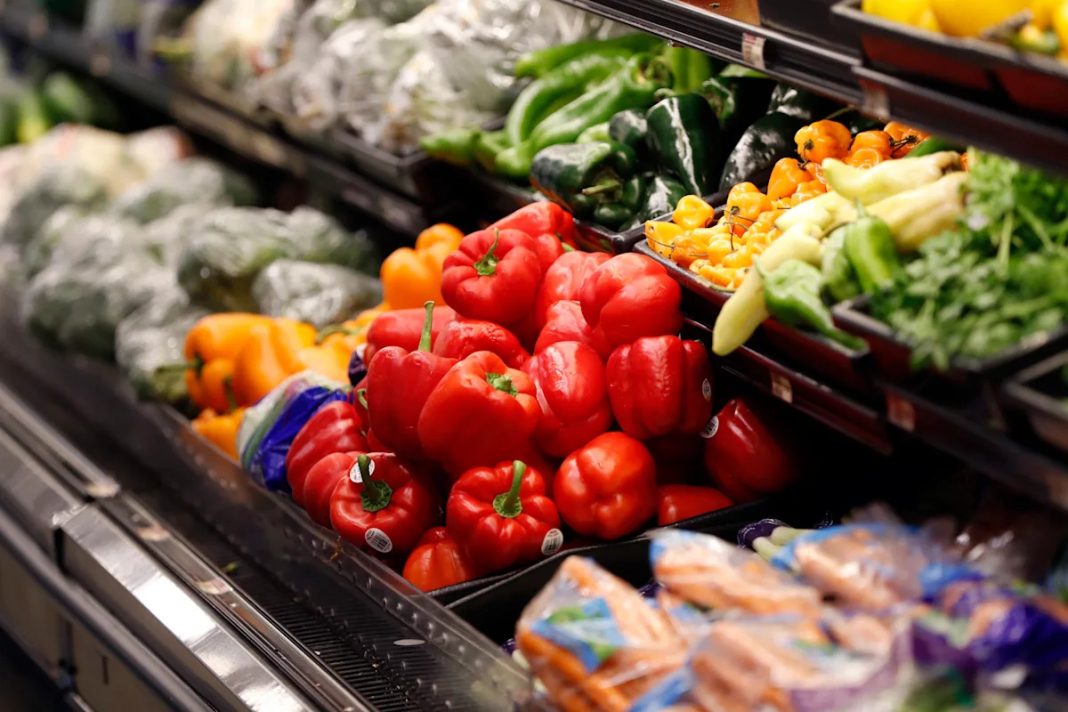The federal government shutdown is already impacting delivery of nutrition aid to low-income moms and babies, with states and organizations pausing benefits even as the White House vows to use tariff revenue to tide them over.
The Special Supplemental Nutrition Program for Women, Infants and Children is quickly running out of money. Trump officials said Tuesday that they would tap tariff revenue to fund WIC until the government reopens, but the money hasn’t yet started flowing, according to two people familiar with the administration’s decision.
“We have gotten no information about how much money would be available, when it would be available to states or what states would be able to use it for,” said Ali Hard, policy director at the National WIC Association, which represents state nutrition agencies.
Lawmakers and their staff also weren’t made aware of the administration’s plans to use tariff revenue and haven’t heard when the funds will be sent, according to multiple other people aware of the situation.
The Inter-Tribal Council of Nevada WIC, which serves hundreds of Native and non-native low-income families, announced that its offices would shutter and benefits would be cut off beginning Thursday.
“While the announcement [of tariff revenue] provides short term reassurance, we continue to urge Congress to pass a bipartisan funding bill so families can count on WIC without uncertainty,” the council’s program director Blanca Plascencia-Reyna wrote in an email to POLITICO.
Mississippi has created waiting lists for would-be participants since the state is unable to accept certain new applicants amid the shutdown. And by the end of this week, Sedgwick County in Kansas, which serves 5,000 families, expects to run out of funding for staff who run the program, including those who provide nutrition and breastfeeding guidance.
“As per standard practice, USDA surveyed all WIC agencies and conducted an all-State call,” USDA spokesperson Alec Varsamis said in a statement Wednesday. “Broadly speaking, no State relayed interruption. As details are finalized, USDA will inform appropriate parties, and more importantly, the Trump administration will provide financial resources for vulnerable mothers and babies left behind by Radical Democrats.”
WIC provides infant formula, tailored nutrition packages and breastfeeding support to nearly 7 million low-income moms and children. A $150 million federal contingency fund kept the program afloat through the first week of the shutdown, but states have been using their own funds to support administrative costs — with the expectation that USDA will refund them down the line.
The White House did not immediately respond to questions about when the tariff revenue would begin to flow to states.
Hard is hopeful that the tariff revenue will come through and could be used to maintain benefits in addition to paying for administrative costs. She fears that even a temporary cut off from benefits could lead to a loss of trust in a program that already sees roughly 50 percent of those eligible participate.
“What we’ve seen from prior shutdowns is that, as soon as we start seeing cracks in the system, we have this risk of information spiraling and people really getting very confused and thinking that they shouldn’t go in for their visit, or they shouldn’t use their benefits,” said Hard. “That loss of trust with families is really devastating and it’s really hard to get it back.”
Grace Yarrow and Rachel Shin contributed to this report.

